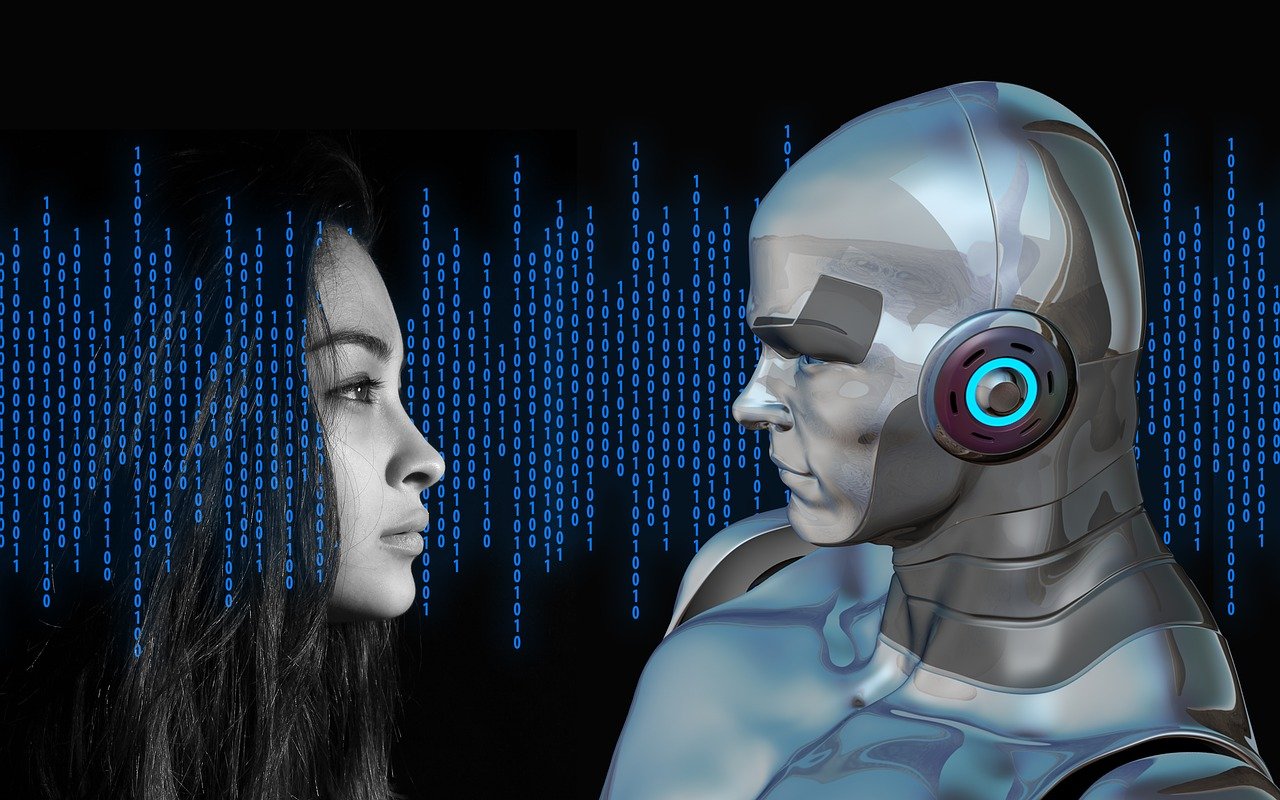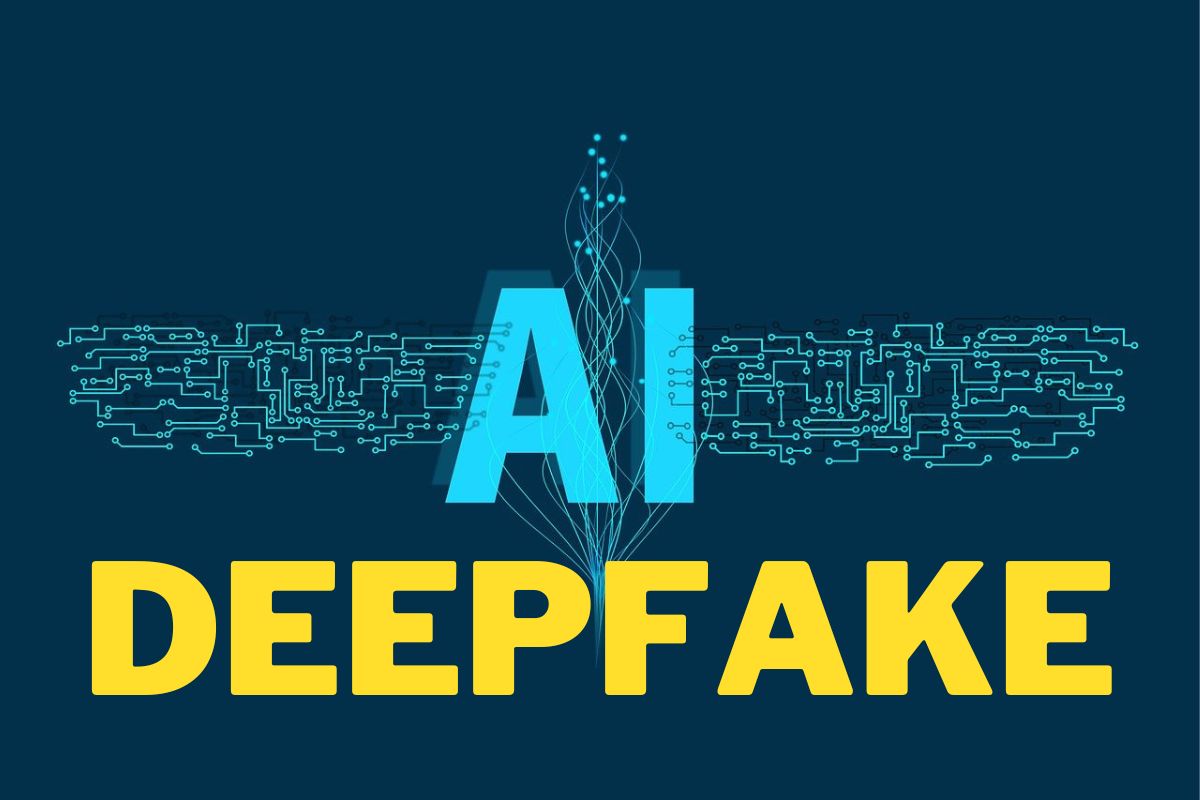
Instances surfaced where community guidelines and prohibited content lists were not easily accessible to users. Platforms were found lacking in comprehensive alignment with terms of service, especially concerning deception, misinformation, harm to children, pedophilic content, privacy invasion, and content threatening India’s unity, defense, security, friendly relations, and public order.
A conclusive meeting with platforms to assess progress on these issues is scheduled in seven days, according to sources.
Presently, IT Rules obligate platforms to address harm, raising user awareness about illegalities. The responsibility for this lies with the platforms, aligning with due diligence provisions for intermediaries (Section 3 of IT Rules).
During Tuesday’s meeting, platforms were explicitly warned about criminal consequences tied to user harms, even within the confines of existing laws. Citing the Criminal Procedure Code (CRPC), sources highlighted the potential prosecution for deepfakes under “forgery,” with equivalent provisions for other forms of harm under the IPC.
Affirming the commitment to a “zero-tolerance approach,” the government pledged not to relax its efforts in ensuring internet safety and trust for all Indians. A reassessment in seven days will determine if advisories suffice or if new, more stringent rules are necessary.
The term “deepfakes” refers to digitally manipulated media, synthetically altered to convincingly misrepresent or impersonate someone, utilizing artificial intelligence. Recent viral ‘deepfake’ videos targeting prominent actors have sparked public outrage, fueling concerns over the misuse of technology for fabricating content and narratives.
